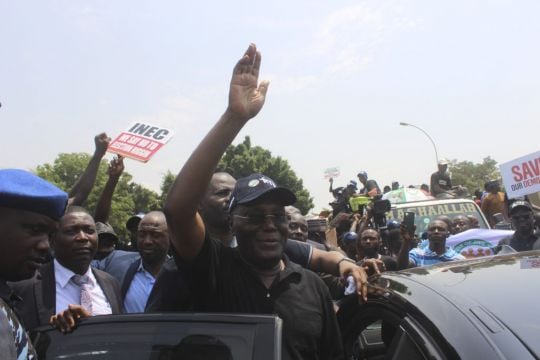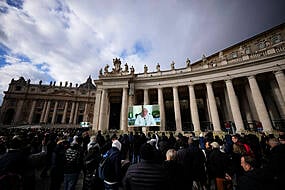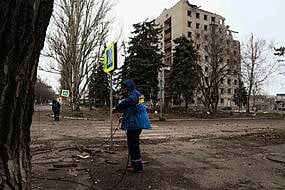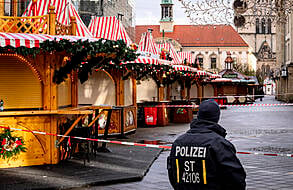Thousands of Nigerian opposition supporters have protested against the country’s presidential election results as calls for a revote intensify.
Dressed in black and holding signs, the protesters led by second-place candidate, Atiku Abubakar of the Peoples Democratic Party, marched to the headquarters of Nigeria’s electoral body in the capital, Abuja.
They blocked the entrance and called on authorities to hold a new election under better conditions.
“The provisions of the current electoral law have been completely contravened,” Mr Abubakar said.
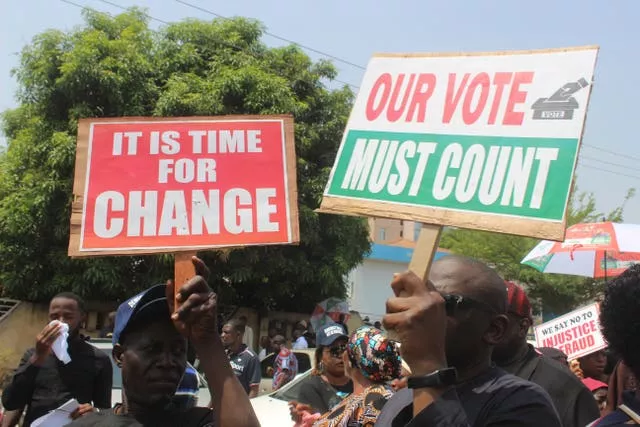
“This protest is going to continue for a very long time, either every day or every other day.”
At least five political parties are challenging last month’s vote, alleging that delays in uploading results from the country’s 177,000 polling stations to the electoral body’s portal could have allowed vote tampering.
They also allege voter intimidation and cases where people were barred from voting.
Bola Tinubu of the All Progressives Congress won the election with 37% of the votes, becoming Nigeria’s first presidential candidate to win with fewer than half of the total votes.
In Nigeria, an election can be invalidated only if it is proven that the national electoral body largely did not follow the law and acted in ways that could have changed the result.

None of Nigeria’s presidential election results has been overturned by the country’s Supreme Court.
Some observers have also criticised the conduct of the presidential election.
The US ambassador to Nigeria, Mary Beth Leonard, said the election process failed to meet Nigerians’ expectations after years of improvement in the quality of the elections.
“We thus reiterate our call on (the electoral commission) to address promptly the challenges that can be resolved ahead of the March 11 gubernatorial elections,” she said in a statement on Sunday.
A local court on Friday granted both Mr Atiku and third-place finisher Peter Obi permission to inspect the election materials used in the vote as part of their court challenge.
The two opposition parties will in the coming weeks gather evidence to build their cases in separate applications disputing the election results, a process that took nearly seven months in 2019 when the courts rejected a similar challenge to the results.
